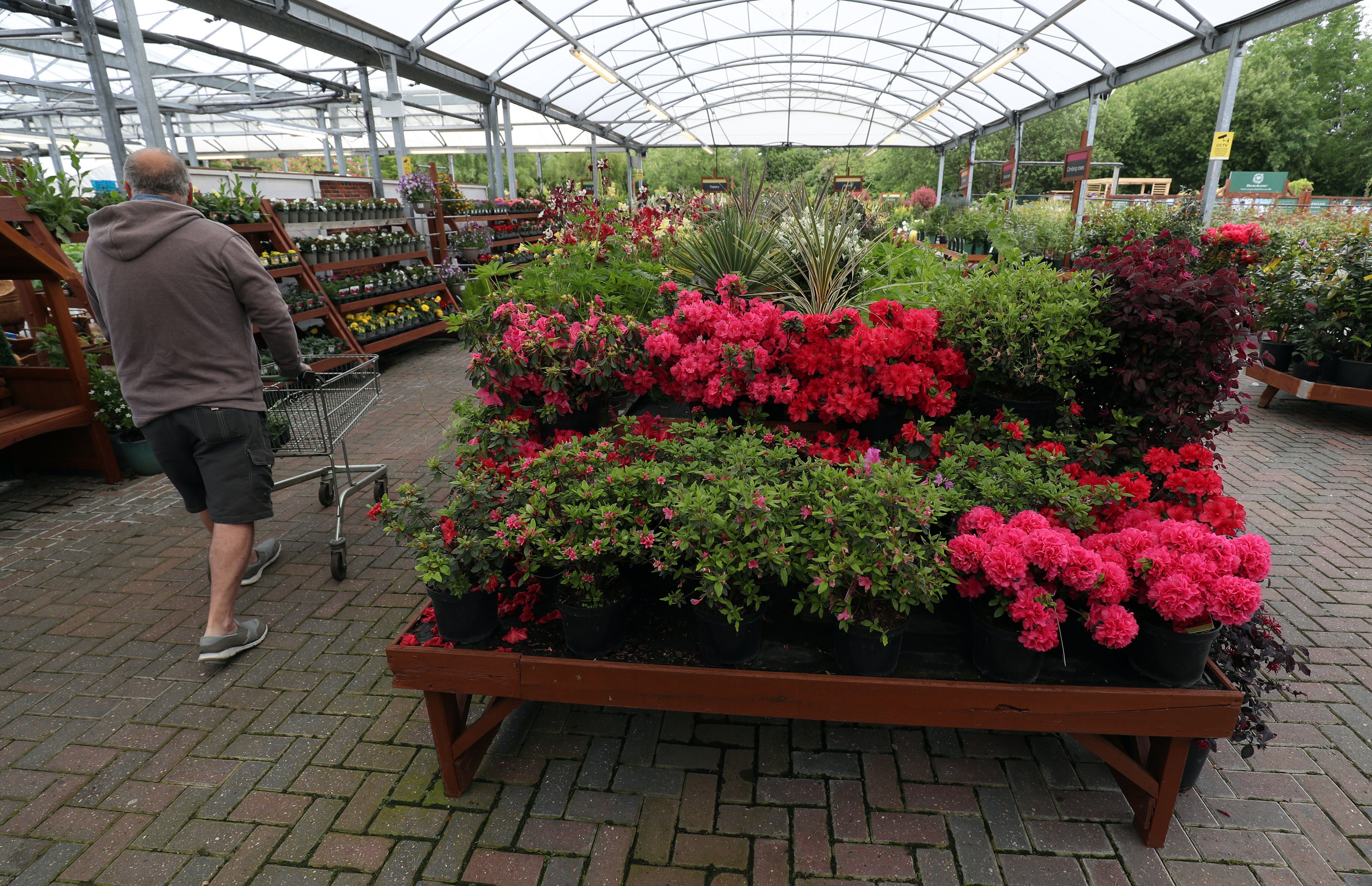Peat made up less than 30% of compost sold to gardeners in 2021 – report
Use of peat in the professional horticultural sector also fell in 2021.

Your support helps us to tell the story
From reproductive rights to climate change to Big Tech, The Independent is on the ground when the story is developing. Whether it's investigating the financials of Elon Musk's pro-Trump PAC or producing our latest documentary, 'The A Word', which shines a light on the American women fighting for reproductive rights, we know how important it is to parse out the facts from the messaging.
At such a critical moment in US history, we need reporters on the ground. Your donation allows us to keep sending journalists to speak to both sides of the story.
The Independent is trusted by Americans across the entire political spectrum. And unlike many other quality news outlets, we choose not to lock Americans out of our reporting and analysis with paywalls. We believe quality journalism should be available to everyone, paid for by those who can afford it.
Your support makes all the difference.Peat made up less than 30% of the compost sold to gardeners in the UK in 2021, a report from the horticultural industry has shown.
The latest annual figures show the use of peat in the retail sector – in bags of compost sold to customers in garden centres and supermarkets – fell from 35.5% of overall compost and soil improvers in 2020 to 29.8% in 2021.
The figures for 2021 were also down on 2019 levels – after lockdown drove a spike in gardening activity in 2020 during the pandemic.
Some 1.02 million cubic metres of peat were sold in compost last year, compared with 1.31 million in 2019, when it accounted for 41.5% of the total sales of growing media, and down from 1.52 million in 2020.
Wood-based materials, mainly fibres derived from wood chip, overtook peat to account for 30% of the total, the annual growing media monitor led by the Horticultural Trades Association (HTA) and Growing Media Association shows.
In the professional horticulture sector, where it is used for growing bedding plants and nursery stock, fruit, herbs, salad and veg seedlings, peat fell from 62.3% to 51.7% of total growing media.
The horticultural industry said the figures showed it was making dramatic strides to voluntarily phase out peat, and called for the Government to support efforts to find alternatives to the product, rather than bring in its proposed ban on the sale of peat compost by 2024.
But environmental campaigners have repeatedly called for an immediate ban on its use by amateur gardeners and the wider industry to protect the climate and nature.
Peatlands are a key carbon store – the largest in the UK – and extracting peat releases carbon emissions, as well as damaging key wildlife habitats, and reducing the landscape’s ability to absorb water and curb flooding.
The report showed the biggest source of peat is from the Republic of Ireland, where new regulations have come in severely limiting the extraction of peat, followed by the UK, and a smaller share coming from other EU countries.
James Barnes, chairman of the HTA, said: “These findings demonstrate that our industry is making dramatic and effective strides to voluntarily reducing peat use and that industry-led initiatives are already making great progress.
To allow us to accelerate this progress we urgently need the Government to put its energies into addressing the barriers to alternatives rather than legislating for a goal that the industry is well on track to meeting
“We have committed to the removal of peat from compost in retail as early as 2025 and we continue to work with the Government on finding pragmatic solutions for a transition to peat-free products.
“However, to allow us to accelerate this progress we urgently need the Government to put its energies into addressing the barriers to alternatives rather than legislating for a goal that the industry is well on track to meeting.”
The figures show that overall there were some 1.69 million cubic metres of peat used across the retail and professional sector, including exports, in 2021, accounting for 35.5% of growing media.
That was down from 2.29 million cubic metres in 2020, accounting for 41%, and 2.1 million cubic metres in 2019, when it accounted for 47.6% of growing media.
Ali Morse, water policy manager for The Wildlife Trusts, said: “Peat use rose during 2020 – so while it’s positive to see declines in the percentage of peat used in horticulture last year, we need to stop using peat much faster.
“Over a million cubic metres were sold to gardeners last year.
“Peatlands are the biggest carbon stores that we have on land but far too many of these precious places are dug up for growing plants.
“It is crucial that Government supports the horticulture industry to end the extraction and use of peat as soon as possible. There simply isn’t any time to lose.”